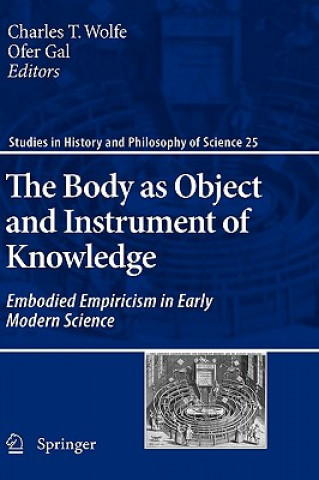
Kód: 01973073
Body as Object and Instrument of Knowledge
Autor Charles T. Wolfe, Ofer Gal
It was in 1660s England, according to the received view, in the Royal Society of London, that science acquired the form of empirical enquiry we recognize as our own: an open, collaborative experimental practice, mediated by specia ... celý popis
- Jazyk:
 Angličtina
Angličtina - Väzba: Pevná
- Počet strán: 350
Nakladateľ: Springer, 2010
- Viac informácií o knihe

277.54 €

Skladom u dodávateľa v malom množstve
Odosielame za 12 - 17 dní
Potrebujete viac kusov?Ak máte záujem o viac kusov, preverte, prosím, najprv dostupnosť titulu na našej zákazníckej podpore.
Pridať medzi želanie
Mohlo by sa vám tiež páčiť
-
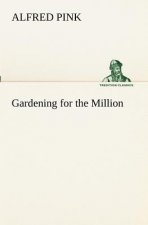
Gardening for the Million
41.52 € -

Journey
19.57 € -

Stanislaw Przybyszewski
74.22 €
Darčekový poukaz: Radosť zaručená
- Darujte poukaz v ľubovoľnej hodnote, a my sa postaráme o zvyšok.
- Poukaz sa vzťahuje na všetky produkty v našej ponuke.
- Elektronický poukaz si vytlačíte z e-mailu a môžete ho ihneď darovať.
- Platnosť poukazu je 12 mesiacov od dátumu vystavenia.
Viac informácií o knihe Body as Object and Instrument of Knowledge
Nákupom získate 685 bodov
 Anotácia knihy
Anotácia knihy
It was in 1660s England, according to the received view, in the Royal Society of London, that science acquired the form of empirical enquiry we recognize as our own: an open, collaborative experimental practice, mediated by specially-designed instruments, supported by civil discourse, stressing accuracy and replicability. Guided by the philosophy of Francis Bacon, by Protestant ideas of this worldly benevolence, by gentlemanly codes of decorum and by a dominant interest in mechanics and the mechanical structure of the universe, the members of the Royal Society created a novel experimental practice that superseded former modes of empirical inquiry, from Aristotelian observations to alchemical experimentation.§This volume focuses on the development of empiricism as an interest in the body as both the object of research and the subject of experience. Re-embodying empiricism shifts the focus of interest to the life sciences ; medicine, physiology, natural history. In fact, many of the active members of the Royal Society were physicians, and a significant number of those, disciples of William Harvey and through him, inheritors of the empirical anatomy practices developed in Padua during the 16th century. Indeed, the primary research interests of the early Royal Society were concentrated on the body, human and animal, and its functions much more than on mechanics. Similarly, the Académie des Sciences directly contradicted its self-imposed mandate to investigate Nature in mechanistic fashion, devoting a significant portion of its Mémoires to questions concerning life, reproduction and monsters, consulting empirical botanists, apothecaries and chemists, and keeping closer to experience than to the Cartesian standards of well-founded knowledge.§These highlighted empirical studies of the body, were central in a workshop in the beginning of 2009 organized by the unit for History and Philosophy of Science in Sydney. The papers that were presented by some of the leading figures in this area are presented in this volume.
 Parametre knihy
Parametre knihy
Zaradenie knihy Knihy po anglicky Mathematics & science Science: general issues Philosophy of science
277.54 €
- Celý názov: Body as Object and Instrument of Knowledge
- Podnázov: Embodied Empiricism in Early Modern Science
- Autor: Charles T. Wolfe, Ofer Gal
- Jazyk:
 Angličtina
Angličtina - Väzba: Pevná
- Počet strán: 350
- EAN: 9789048136858
- ISBN: 9048136857
- ID: 01973073
- Nakladateľ: Springer
- Hmotnosť: 1500 g
- Rozmery: 235 × 155 × 33 mm
- Dátum vydania: 01. February 2010
Obľúbené z iného súdka
-

Order Out of Chaos
30.44 € -2 % -
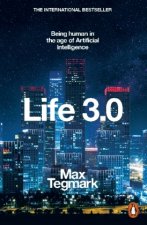
Life 3.0
10.96 € -24 % -
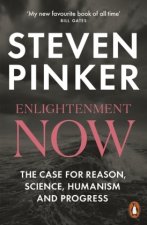
Enlightenment Now
15.06 € -24 % -
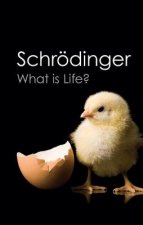
What is Life?
18.86 € -11 % -
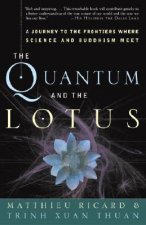
Quantum and the Lotus
15.78 € -23 % -
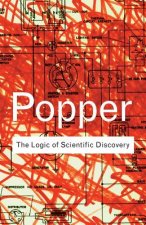
Logic of Scientific Discovery
27.26 € -4 % -
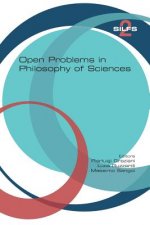
Open Problems in Philosophy of Sciences
27.47 € -
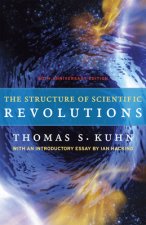
Structure of Scientific Revolutions
15.06 € -8 % -
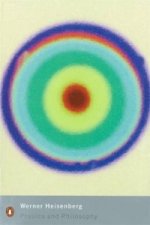
Physics and Philosophy
12.29 € -23 % -
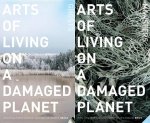
Arts of Living on a Damaged Planet
29.62 € -
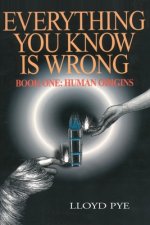
Everything You Know Is Wrong, Book 1
17.22 € -19 % -
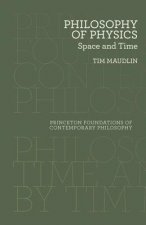
Philosophy of Physics
25.32 € -11 % -

Quark And The Jaguar
15.57 € -23 % -
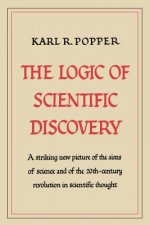
Logic of Scientific Discovery
21.62 € -
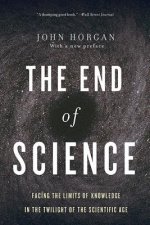
End Of Science
28.60 € -
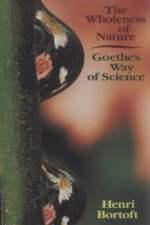
Wholeness of Nature
22.03 € -23 % -
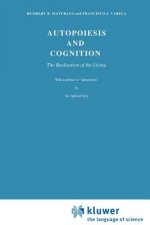
Autopoiesis and Cognition
277.54 € -

Innermost Kernel
194.39 € -
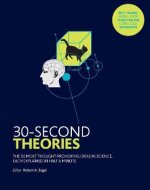
30-Second Theories
12.60 € -13 % -
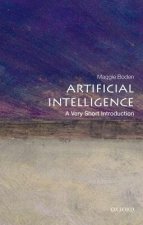
Artificial Intelligence: A Very Short Introduction
11.68 € -18 % -
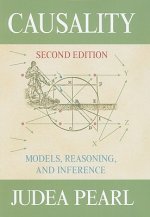
Causality
78.84 € -
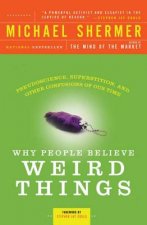
Why People Believe Weird Things
19.78 € -15 % -

Social Physics
14.86 € -21 % -
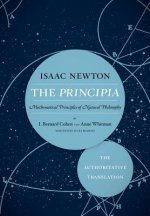
Principia: The Authoritative Translation
20.50 € -3 % -
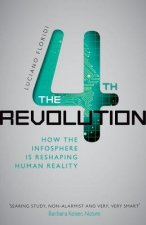
Fourth Revolution
13.32 € -23 % -
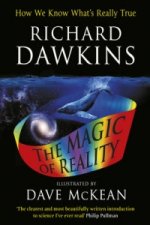
Magic of Reality
16.60 € -23 % -
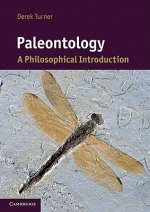
Paleontology
38.44 € -
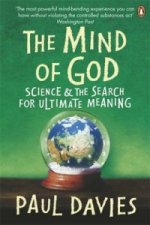
Mind of God
12.29 € -23 % -
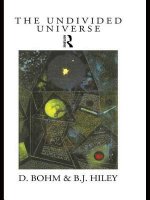
Undivided Universe
72.28 € -
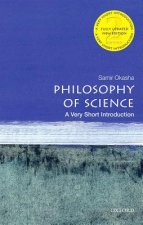
Philosophy of Science: Very Short Introduction
10.14 € -23 % -

Meeting the Universe Halfway
38.54 € -9 % -
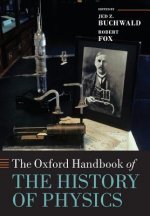
Oxford Handbook of the History of Physics
69.71 € -
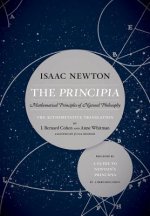
Principia: The Authoritative Translation and Guide
37.72 € -11 % -
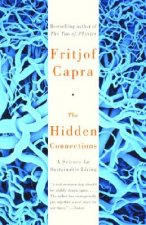
The Hidden Connections
21.73 € -
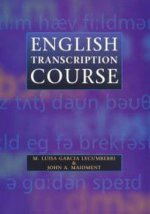
English Transcription Course
56.90 € -
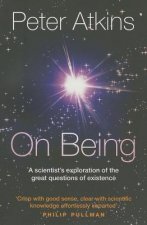
On Being
12.09 € -16 % -
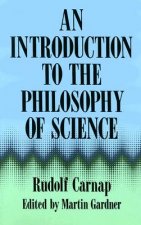
Introduction to the Philosophy of Science
16.60 € -4 % -
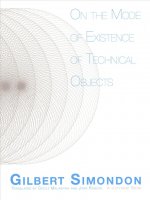
On the Mode of Existence of Technical Objects
34.85 € -
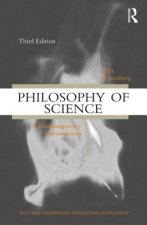
Philosophy of Science
67.87 € -
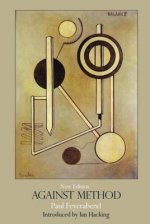
Against Method
109.08 € -
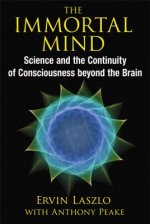
Immortal Mind
16.91 € -10 % -
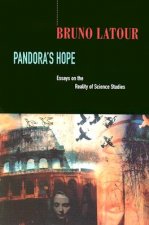
Pandora's Hope
46.33 € -
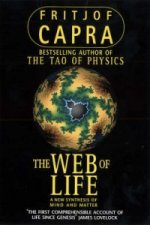
Web of Life
13.93 € -12 % -
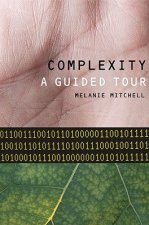
Complexity
53.41 € -
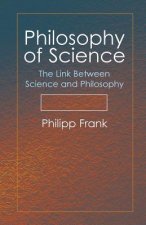
Philosophy of Science
18.86 € -18 % -
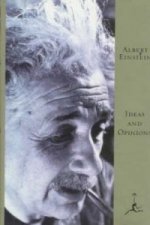
Ideas and Opinions
24.50 € -10 % -

Qualia Revolution
29.62 € -

Elegance and Enigma
83.45 € -
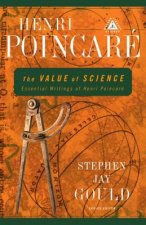
Value of Science
28.80 €
Osobný odber Bratislava a 2642 dalších
Copyright ©2008-24 najlacnejsie-knihy.sk Všetky práva vyhradenéSúkromieCookies


 21 miliónov titulov
21 miliónov titulov Vrátenie do mesiaca
Vrátenie do mesiaca 02/210 210 99 (8-15.30h)
02/210 210 99 (8-15.30h)